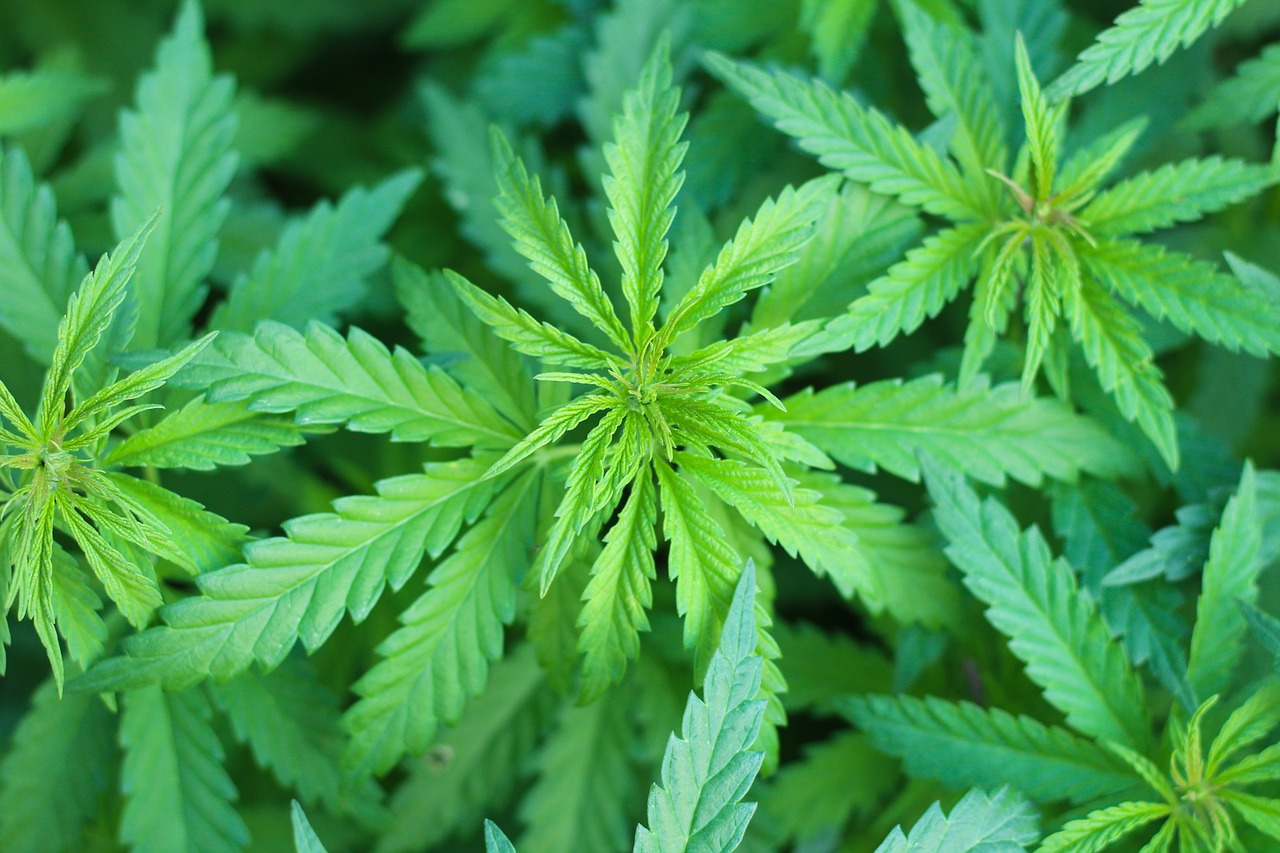CBD: Unraveling the Mysteries of Cannabidiol
In recent years, the term CBD has become increasingly common in conversations about health, wellness, and even legislation. But what exactly is CBD? Why does it spark so much interest, and what does science have to say about its potential benefits? In this article, we’ll delve deeply into what CBD is, how it works in the human body, its potential therapeutic uses, and what scientific research has to say about this fascinating compound.
What is CBD?
CBD is short for cannabidiol, one of the many chemical compounds found in the cannabis plant. Cannabis is a complex plant that contains over 100 different cannabinoids, with CBD and THC (tetrahydrocannabinol) being the most well-known and studied.
Unlike THC, which is known for its psychoactive effects, CBD is non-psychoactive, meaning it does not cause the “high” sensation associated with cannabis consumption. This makes CBD an attractive option for those seeking the potential medicinal benefits of the plant without the psychoactive side effects of THC.
How Does CBD Work?
To understand how CBD works, it’s important to understand the body’s endocannabinoid system (ECS). The ECS plays a crucial role in regulating a variety of physiological functions, including sleep, appetite, pain, mood, memory, and immune response.
CBD interacts with the ECS, although it does not directly bind to the CB1 and CB2 cannabinoid receptors like THC. Instead, it modulates the activity of these receptors and influences neurotransmitter release in the brain. This may explain why CBD appears to have such a wide range of effects on the body.
Potential Therapeutic Uses of CBD
Research into the potential therapeutic uses of CBD is ongoing, but so far studies have shown promising results in several areas:
- Pain Relief: CBD has been studied for its potential in pain relief, including chronic pain, neuropathic pain, and pain related to inflammation.
- Anxiety and Depression Reduction: Many preclinical and clinical studies indicate that CBD may have anxiolytic and antidepressant effects, helping to reduce symptoms of anxiety and depression in some people.
- Seizure Control: CBD has gained prominence in the media due to its potential in treating certain forms of epilepsy.
- Neuroprotective Properties: Preliminary research suggests that CBD may have neuroprotective properties, meaning it may help protect the brain from damage related to neurodegenerative diseases such as Alzheimer’s and Parkinson’s.
Legal Considerations and Safety
The legality of CBD varies from country to country and, in some cases, from state to state within a country. In the United States, for example, CBD derived from industrial hemp with low THC content is federally legal, but state laws may vary. In Brazil, the use of CBD is regulated by the National Health Surveillance Agency (Anvisa).
As for safety, CBD is generally considered safe when used correctly and in appropriate doses. However, like any substance, it can cause side effects in some people, including fatigue, diarrhea, and changes in appetite. It’s important to consult a healthcare professional before starting to use CBD, especially if you are taking other medications or have preexisting medical conditions.
Conclusion
CBD is a fascinating compound that has sparked significant interest in the medical community and the general public alike. While more research is needed to fully understand its effects and therapeutic potential, studies so far suggest that CBD may offer a variety of health benefits, from pain relief to seizure control and the treatment of anxiety and depression.
If you’re considering using CBD for any purpose, it’s important to do your own research, speak with a qualified healthcare professional, and ensure you’re using high-quality CBD products from a reputable source. Over time, it’s expected that further research will reveal even more about the therapeutic potential of this intriguing natural compound.

